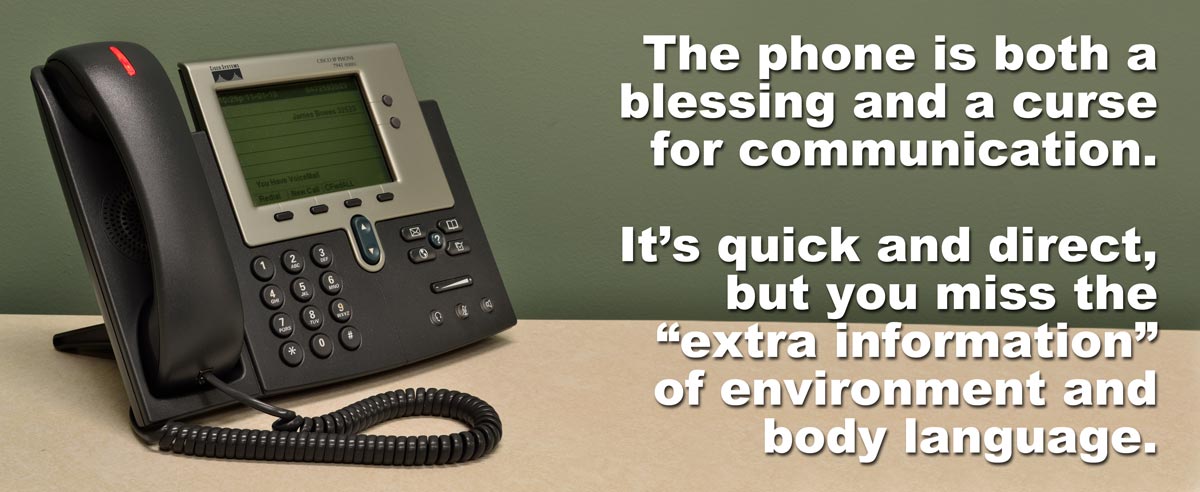I’ve just read a breakthrough email – not a huge fanfare of exams passed or a lottery win, but something that, nevertheless, made me realise how far I’ve come over the past few years.
The email was a simple one:
“You are still on our list for XYZ role, but we haven’t used you in a while…”
It’s fairly standard in this day and age that a company checks its mailing list (nothing new there), but this email was about some work I did when I was really unwell. Back then, just sitting in a chair was an adventurous move, so even the most basic working-from-home role was taxing, and Onswitch provided me with an interesting opportunity – mystery shopping for veterinary clinics.
Even being unwell, I couldn’t just stop and do nothing, despite being in excruciating pain, so the opportunity to be a “mystery shopper” for veterinary clinics sounded ideal – putting my retail and veterinary experience into one role, and being able to do it while sitting down. Winner!
Today’s email brought back memories of that time, and while I’m pleased to say sitting upright in a chair is no longer the huge challenge it was – for which I am truly grateful – it means I don’t need to do this role anymore. However, I did find it an interesting and informative one, so I’m a bit sad to move on.
However, I thought it would be worth sharing with you some of the things I discovered while being a mystery client…
Model communication
The phone is both a blessing and a curse for communication. It’s quick and direct, but you miss the “extra information“ of environment and body language, so, especially with clients, you need to make sure your message is understood.
I could insert communication models here, but as a communication assignment for SVNs in the Level 3 Diploma has existed for some time, I don’t want to lose you all so early in the blog.
We know if you’re interested
Even without the extra detail of what’s going on in your waiting room, as a client or potential client on the phone, I still know if you’re interested in my telephone call. Your tone of voice, questions you ask, and how you deal with my enquiry speak volumes.
We know if you’re busy
It’s really easy to tell if you’re busy, or busier than usual. Your welcome on the phone will be given at high speed and be garbled, and I probably won’t catch what you say. I may even be greeted with “if it’s not an emergency, do you mind if I put you on hold?”
I’ll say I don’t mind, but, as a client, am I skilled and trained enough to know if it’s an emergency? Will I want to be on hold? Will I hang up and telephone another clinic?
To confirm, I do actually mind being put on hold. I can’t think of any other industry where this would be seen as a normal way to answer the phone.

We know you’re glad it’s not an emergency
We can hear the relief in your voice if it’s a vaccine or routine enquiry – not because you are any happier to help, but because you’re just glad it’s not an emergency that needs to be seen straight away.
As a nurse, I get that, but as a client I have no idea why you want to get me off the phone as quickly as possible.
Service standards vary with time and day of calling
We, the staff, know evenings and weekends have usually fewer staff on, but this is the time most working people have free time to telephone or visit.
I can totally sympathise with both sides as I’ve been on both ends of this situation, and I’m not sure any simple answer exists – but my experience with mystery shopping is I’m more likely to get a positive telephone call at 3pm on a Tuesday than 10am on a Saturday.
In fact, checking out the Onswitch mystery shopper of the week (#MSHOTW) call on Facebook, I could identify from the script of a telephone call what day of the week it was – it’s that obvious.
Location, location, location
I’ve found I’m more likely to get offered an appointment if I get through to someone who doesn’t appear to be in reception/prep or wards. The silence of an admin office is very calming and lets you know your telephone call is the main focus.
Even before becoming a mystery shopper, the insanity that is vet receptionists in almost any clinic being expected to answer the phone, triage patients and welcome visitors, manage appointments and the provide myriad of other services all at once was clear – you can’t give full focus to a telephone call with other conversations going on and animals being noisy.
What can we do?
The average telephone answering techniques I found when mystery shopping were pretty poor; to the point I could only do telephone calls for one hour at a time before I had to take a break.
Training and support is out there, and a “good” telephone call can be shorter than a “bad” one, so we’re not asking you to spend more time on the phone – just try to use the time you do spend more wisely.
I would also personally urge as many clinics as possible to try to have someone who can answer the telephone as part of an admin/office role. Even if just for a few hours a day. The response is so much better and you will see a better return for that person’s time from telephone calls being answered properly and clients being booked in for a consultation. Because really, that’s what it’s all about – getting new clients booked in and returning clients offered an appropriate appointment.
Vet, nurse or emergency – get that consult booked in.
- Onswitch has asked me to mention it is looking for mystery shoppers – contact them directly for further details.

Leave a Reply